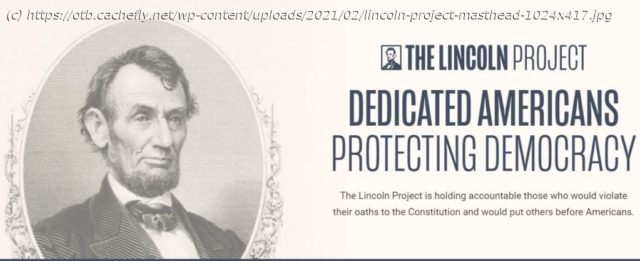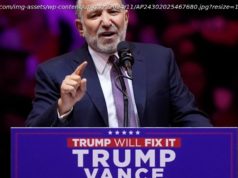Its founders are laughing all the way to the bank.
The most prominent of #NeverTrump organizations is falling apart at the seams. While masquerading as a home for reasonable Republicans “holding accountable those who would violate their oaths to the Constitution and would put others before Americans,” it was really something else, entirely. Axios details the string of stories that have come out in recent days and weeks: This is quite the comeuppance for a group that got famous for trolling Trump on Twitter and seemed poised to really capitalize in the aftermath of the election. The group was also on the verge of a huge victory. With Trump facing a historic wipeout, the Lincoln Project could claim it played a decisive role in his defeat, particularly for marshaling Republicans to Joe Biden’s side. The group seemed poised to enter a new strata of success, one that wouldn’t require its muse. The Lincoln Project had ambitions of creating a political influence company that would guide campaigns for years to come, while also negotiating with United Talent Agency on a host of projects befitting a multiplatform media behemoth: podcasts, books, movies, even a House of Cards-esque TV series. Amanda Becker, writing at something called 19th News, interviewed several lower-level people in the organization. In addition to portraying a toxic workplace culture, shows how slapdash the organization was from the outset: The interviews depict an organization that grew quickly, with little planning at its inception, and then began to spiral out of control as its founders quarreled over the organization’s direction, finances, tactics and even who would own the donor data that the project would eventually amass. Some of the co-founders had an informal management agreement that excluded the others, without their knowledge. Several had private firms to which the Lincoln Project channeled tens of millions of dollars that are then not subject to disclosure, while others were paid relatively modest amounts directly or nothing at all. There were clashes over ego and resentments over podcasts and television contracts. […] A three-person board — Galen, Madrid and Steslow — was created without input from some of the other co-founders.






